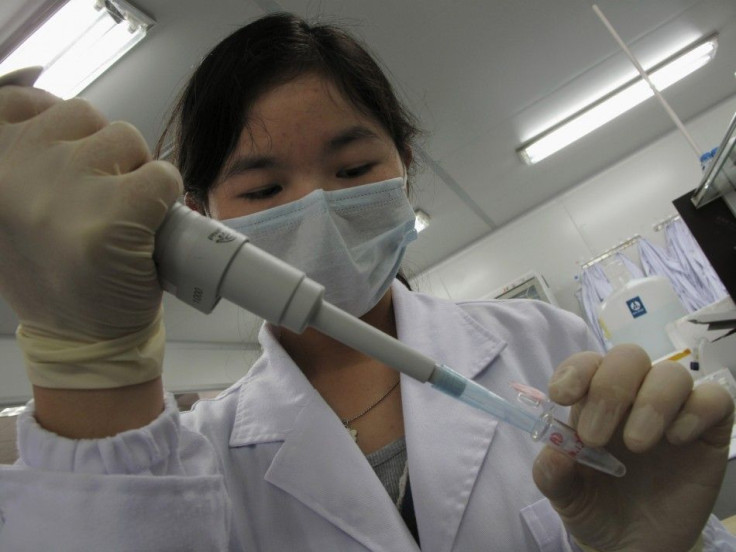China set to overtake US in scientific research output

A new report from the Royal Society, UK's national academy of science has found that the emerging nations, led primarily by China, are set to pose a strong challenge to the traditional supremacy of scientific research hubs such as the United States, UK and Japan.
The report titled Knowledge, Networks and Nations: Global scientific collaboration in the 21st century, studied various trends, including changes in the share of scientific publications produced by countries and found that China's growing share in research output published globally is now second only to the long-time scientific world leader, the United States.
More significantly, perhaps, the United States' share of global authorship was found to have fallen from 26% to 21% between the periods 1993-2003 and 2004-2008, whereas between the same periods, China's share of authorship went up from 4.4% to 10.2%, taking the country from sixth to second position globally.
Professor Sir Chris Llewellyn Smith FRS, Chair of the Advisory Group for the study, seemed to send out a cautionary note to the traditional scientific superpowers as he said, No historically dominant nation can afford to rest on its laurels if it wants to retain the competitive economic advantage that being a scientific leader brings. China's potential to match and even outstrip American science research output in absolute terms, in the near to medium term, is pretty certain according to the professor. An analysis of the findings suggests that this could happen as soon as in 2013.
The dramatic rise in output is consistent with the finding that China increased its investment in R&D (research and development) heavily during the years - research spending in the country has gone up by 20 per cent every year since 1999 to reach over $100 billion a year today. The report also notes that China is churning out huge numbers of science and engineering graduates, and cites that 1.5 million left its universities in 2006.
However, whether the nation can match the quantity of output with quality is not beyond doubt. Using the number of citations - records of the levels/frequency at which the research is being referred or quoted by other researchers - as a yardstick, it is seen that the U.S. and UK continue to hold on to the first and second spots, though in all fairness, it must be mentioned that China has grown its share of citations from nil to 4 per cent.
The pressure on academics to publish their work is huge in China, and Chinese universities often award cash prizes, housing benefits or other perks on the basis of the number of publications; several recent media reports have also drawn attention to the erosion of research integrity as a result of such a culture.
Sociologist Dr Cong Cao, associate professor at Nottingham University's School of Contemporary Chinese Studies, told the BBC that with so many millions of graduates who are mandated by universities to publish, the numbers are naturally high. However, he feels that for much of this to catch up with Western standards is going to take some time.
© Copyright IBTimes 2024. All rights reserved.





















